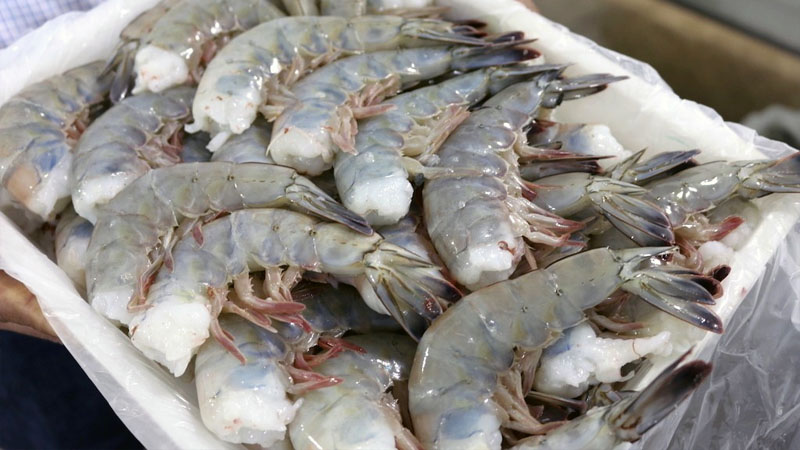Exclusive content

The import of shrimp into Mexico has come to a standstill for the past two weeks. Since this closure at the southern border in Chiapas, there has been a noticeable improvement in shrimp prices, bringing a sense of relief to local aquaculturists.
Border Closure’s Impact on Shrimp Prices
César Cuadras López, President of the Board of Directors of the State Committee of Aquaculture Health in Sinaloa, confirmed that the closure of the southern border has led to a price increase of up to MXN 5 to 10 (USD 0.29 to 0.59) for shrimp in Mexico. This price hike is particularly significant, given that 85 percent of foreign shrimp imports previously entered the region.
With foreign crustaceans no longer entering the market, industry leaders are optimistic that the price of shrimp will continue to improve in the days ahead. Cuadras López noted that this would greatly benefit local aquaculturists who have been struggling with the influx of imported shrimp.
Current and Future Prices
Before the border closure, consumers were paying approximately MXN 120 (USD 7.04) for a kilo of headless, frozen, and fried shrimp sized 41-50. However, in the wake of the border closure, this price has risen to MXN 130 (USD 7.62). Cuadras López anticipates further price increases if the border remains closed, especially with Lent approaching, a time when shrimp is in high demand.
Cuadras López expressed his desire for an extended border closure to allow those with more purchasing power to sell their frozen shrimp stock, which they had previously held onto in anticipation of better prices. He acknowledged that the influx of cheap imported shrimp had saturated the market, pushing prices below production costs for local aquaculturists.
Seeking Fair Trade and Quality Control
The leader of the aquaculture industry emphasized the need for strict control, especially regarding health and quality standards for shrimp imports from foreign countries. He believes that until these standards are met, the Mexican government should consider keeping the border closed. Cuadras López stressed the importance of ensuring that all shrimp imports comply with aquaculture health requirements before reopening the borders.